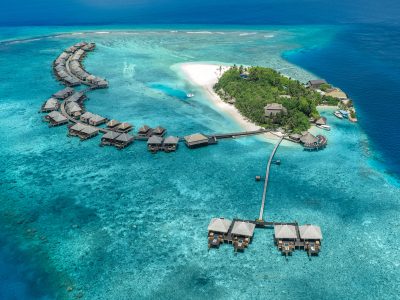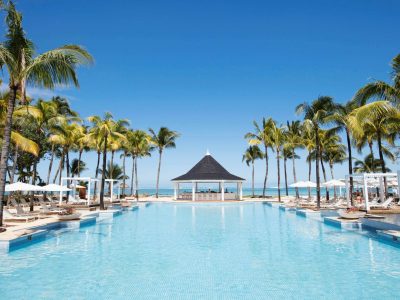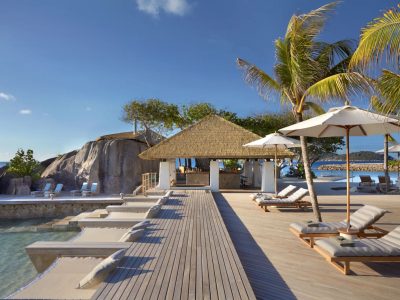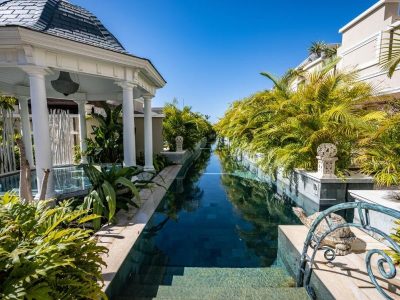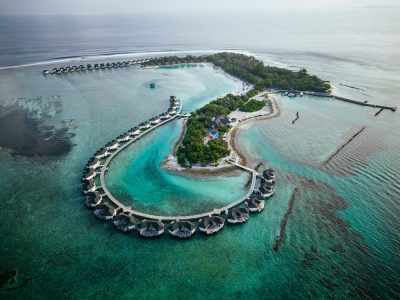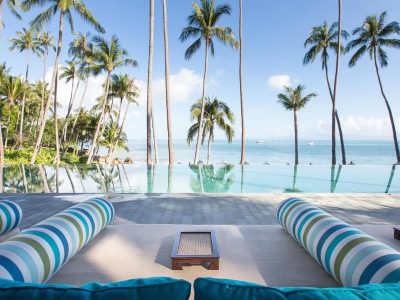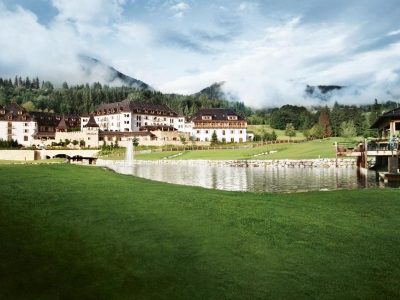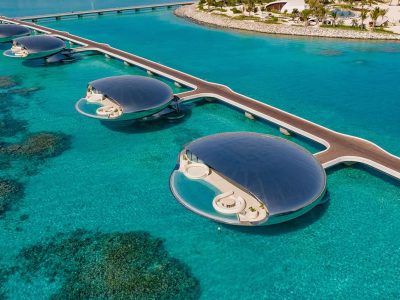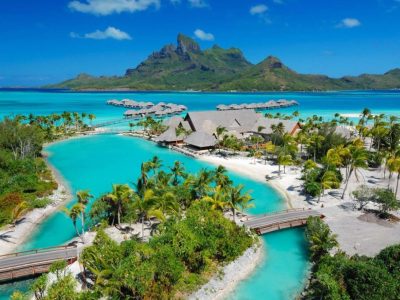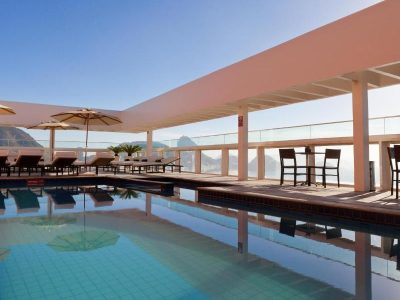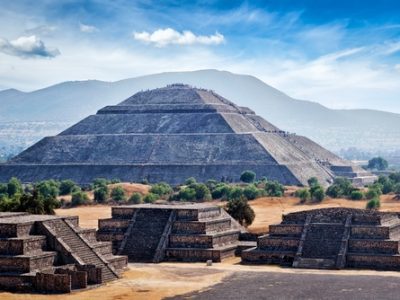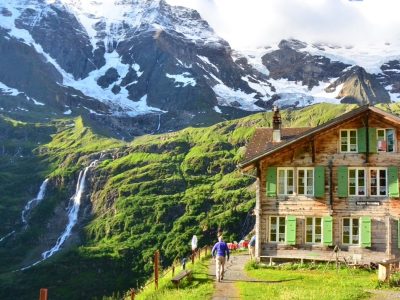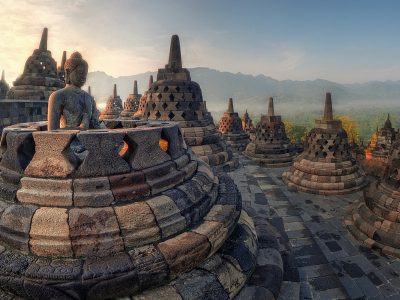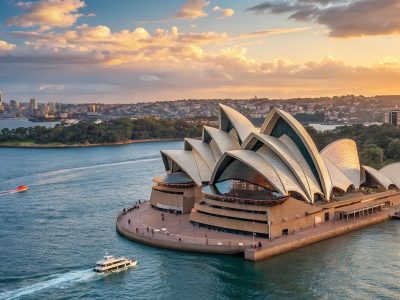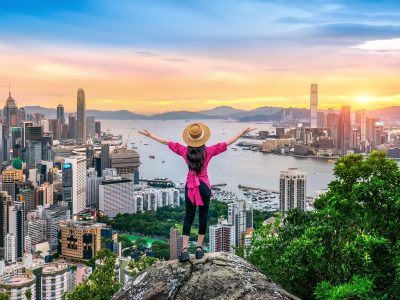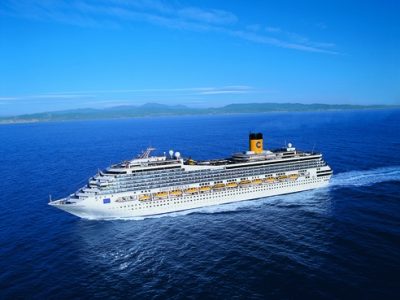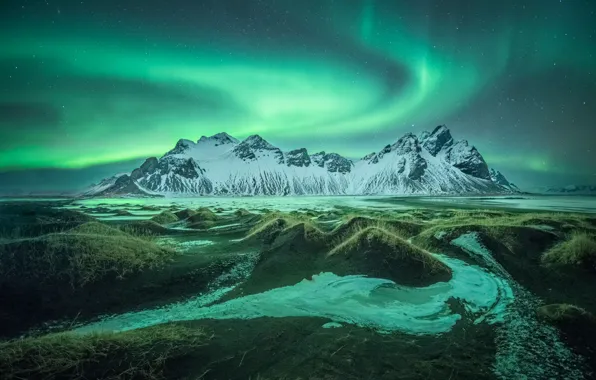Iceland
Iceland is a land of fire and ice — a breathtaking island where nature’s most powerful elements come together in perfect harmony. Located in the North Atlantic Ocean, this extraordinary country is famous for its dramatic landscapes, from glaciers and volcanoes to hot springs, waterfalls, and black-sand beaches.
Despite its remote location, Iceland captivates travelers with its untouched wilderness and peaceful beauty. The island’s natural wonders are unlike anywhere else on Earth — visitors can witness the Northern Lights, relax in the Blue Lagoon’s geothermal waters, or explore the Golden Circle, a route that showcases geysers, waterfalls, and the meeting of two tectonic plates.
Iceland’s culture reflects both its Viking heritage and modern creativity. The people are warm, independent, and deeply connected to nature, living in harmony with the raw forces that shape their homeland. Reykjavík, the world’s northernmost capital, offers a lively mix of art, music, and Nordic design surrounded by stunning ocean and mountain views.
Whether you’re seeking adventure, tranquility, or inspiration, Iceland promises an unforgettable experience — a journey into a land where every corner feels alive with natural magic.
| Visa requirements | Iceland is a member of the Schengen Area, and visa requirements for entry depend on the traveler’s nationality and purpose of visit. Citizens of the European Union (EU), European Economic Area (EEA), and Switzerland can enter Iceland without a visa, using just a valid ID card or passport. They may stay for an unlimited period for tourism or business purposes. Travelers from visa-exempt countries, including the United Kingdom, United States, Canada, Australia, New Zealand, Japan, and many others, can visit Iceland without a visa for up to 90 days within a 180-day period under the Schengen rules. Visitors from countries outside the visa-free list must apply for a Schengen Visa (Type C) through the Icelandic embassy or consulate, or through another Schengen state representing Iceland in their region. This visa allows travel to Iceland and all other Schengen countries for the duration of the authorized stay. To enter Iceland, travelers must have:
Because visa regulations can occasionally change, visitors are encouraged to verify the latest entry requirements on the official Icelandic Directorate of Immigration website or with their nearest Icelandic embassy before traveling. |
|---|---|
| Languages spoken | Icelandic |
| Currency used | Icelandic Króna (ISK) |
| Area (km2) | 103,000 square kilometers |
| Country name | Republic of Iceland |
Sports & nature
Iceland is an outdoor paradise where adventure and nature exist in perfect balance. With its dramatic landscapes of glaciers, volcanoes, fjords, and lava fields, the country offers countless opportunities for exploration and sport in some of the world’s most breathtaking scenery.
Travelers can hike across glacier valleys, volcanic craters, and rugged coastlines, or experience the thrill of ice climbing, snowmobiling, and super jeep tours on ancient ice caps. The Þingvellir National Park, a UNESCO World Heritage Site, allows visitors to walk between the North American and Eurasian tectonic plates — a truly unique experience.
In the summer, Iceland transforms into a playground for kayaking, whale watching, horseback riding, and hiking under the midnight sun. During winter, it becomes a wonderland for skiing, snowshoeing, and chasing the spectacular Northern Lights across the Arctic sky.
Nature lovers will also find peace in Iceland’s geothermal beauty — from relaxing in the Blue Lagoon or natural hot springs, to exploring the lush moss fields and cascading waterfalls of the south coast.
Whether you seek adrenaline or serenity, Iceland’s wild landscapes offer a connection to nature that is both powerful and unforgettable
Nightlife info
Iceland’s nightlife is as vibrant and unique as its landscapes — especially in Reykjavík, the country’s lively capital. Despite its small size, the city offers an energetic and diverse scene, combining Nordic style with a friendly, laid-back atmosphere that makes every night unforgettable.
Reykjavík is famous for its “rúntur” tradition — a local custom of bar-hopping from one cozy venue to another. The city’s compact center is filled with trendy bars, live music venues, and nightclubs, many of which feature Icelandic bands and DJs playing everything from indie rock to electronic music.
For a more relaxed evening, visitors can enjoy craft beer tastings, art cafés, or cocktail bars with stunning views of the harbor and mountains. In the winter months, nightlife in Iceland often takes a magical turn — with locals and travelers gathering outdoors to watch the Northern Lights before heading inside to warm up by a fire or join a concert.
Outside the capital, evenings are calmer but equally special — filled with stargazing, storytelling, and soaking in geothermal hot springs under the midnight sky.
Whether you’re dancing until dawn in Reykjavík or relaxing beneath the northern stars, Iceland’s nightlife combines energy, creativity, and nature in a way that feels truly one of a kind.
Culture and history info
Iceland’s culture and history are deeply rooted in the spirit of independence, creativity, and a close relationship with nature. Despite its small population, Iceland has a cultural legacy as vast and inspiring as its landscapes — shaped by Viking settlers, Nordic traditions, and centuries of storytelling and art.
The first settlers arrived from Scandinavia in the 9th century, establishing one of the world’s oldest parliaments — the Althing, founded in 930 AD at Þingvellir. This historic site still stands as a symbol of Iceland’s long democratic tradition and national pride.
Iceland’s literary heritage is one of the richest in Europe, with the Icelandic sagas — epic stories of exploration, heroism, and family — forming the foundation of its national identity. Today, literature, music, and art continue to thrive, blending ancient mythology with modern creativity.
The Icelandic people are known for their strong sense of community, resilience, and innovation, qualities shaped by centuries of living in a challenging but beautiful environment. Traditional festivals, folklore, and music remain part of daily life, alongside a growing contemporary culture that embraces design, cinema, and sustainable living.
Visitors can explore museums, Viking settlements, turf houses, and geothermal towns, all telling the story of a nation that has evolved while staying true to its roots.
In Iceland, history and culture are not confined to museums — they live in the language, the landscape, and the hearts of the people who proudly preserve their heritage while looking boldly toward the future.
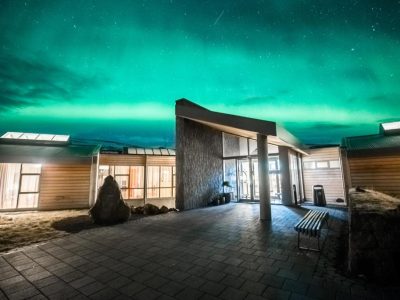
Hótel Húsafell
Stórarjóður, 320, Icelandevent 8 days/7 nights, All Inclusive
From €1,200 /person/stay
flight_takeoff Worldwide departures
Unfortunately no tours were found.
Unfortunately no cruises were found.
Unfortunately no car rentals were found.

